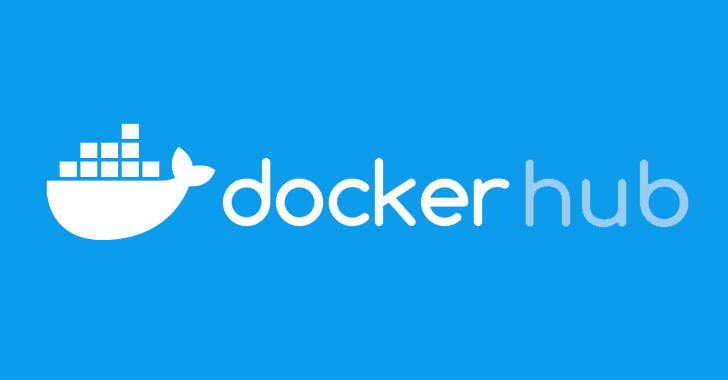Cybercrime is affecting the personal, educational and financial lives of millions of students each year, yet 66% of Indian educational institutions spend just 5 to 15% of their IT budget on securing their systems.
With students under significant pressure to hit tight deadlines, many forgo following the cybersecurity advice they know they should be following, but, with ransomware attacks in schools, it’s essential you remember to adhere to these tips when online.
WI-FI Safety
With your project date looming who can blame you for utilizing an open WI-FI connection when you see one. However, you could be risking all your hard work by hopping online like this.
As open WI-FI connections don’t require a password, anyone can access them, meaning hackers could track every login, password and any other sensitive and private information that you type on your screen.
They’ll be on the lookout for ways to obtain your personal information and will be especially interested in gaining access to your financial details in a bid to access any cash you have, such as your student loan.
Therefore, avoid open WI-FI connections at all costs and opt for secure connections only.
Protect your student loan & finances
Each year, millions of individuals take out a student loan to see them through their further education, so, of course, if you’re one of the ones borrowing to cement your future, you want to protect it.
Always ensure you keep your personal information in a secure place to protect your personal finances, never write down or share your online bank account login details or your pin number with anyone else and be cautious of emails made to look like they’ve been sent from a trustworthy source.
Be security conscious
A security breach can cost both students and the educational institution substantially. In India, this figure amounts to Rs 25,000 Crore, so, it’s essential that whenever you leave your laptop or PC, that you lock the screen so that no one else is able to access your data.
You should ensure that your device requires a login and password too and it’s worth adding a password to all your files as this will mean only authorized users can gain access to your work, so there’s no need to worry about plagiarism or your work being deleted or moved.
Be mindful when using public devices, such as a computer in the university’s library and avoid logging into any systems and accounts that you really don’t need to, particularly those that contain your bank account information, as there could always be someone watching what you’re doing.
Backup your work
These days it’s not enough to simply save your work on your laptop or computer and be sure it will still be there the following morning, especially when so many schools and universities are spending so little on protecting themselves and their students from cyber threats.
It’s best to back up your work every time you make any amendments to it, but at the very least, a weekly backup should be performed.
Save a copy of your work both online and offline and utilize cloud storage, too. It’s also worth considering keeping a memory stick handy if you prefer to store your data and carry it around.







